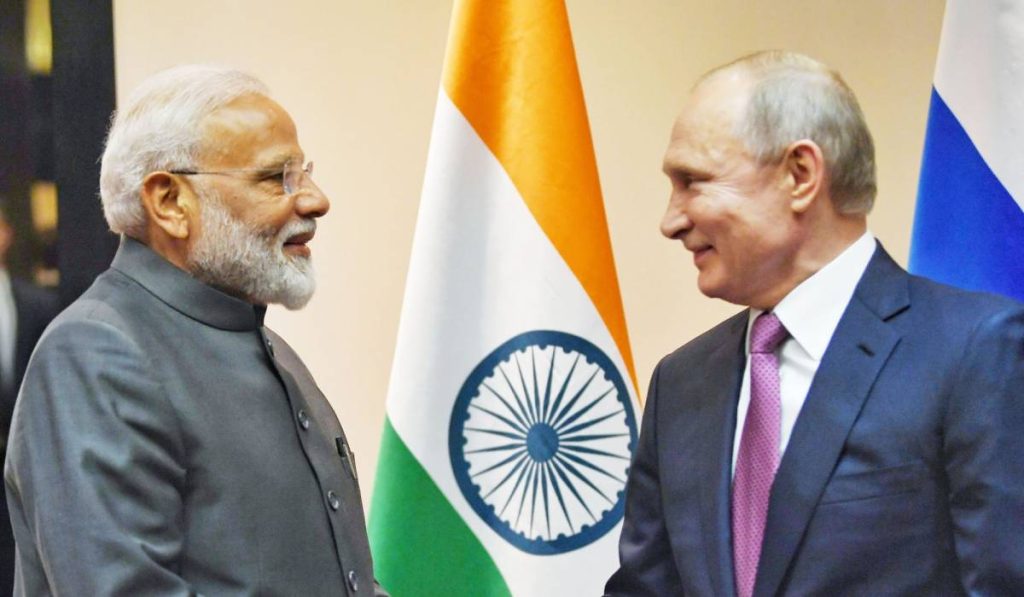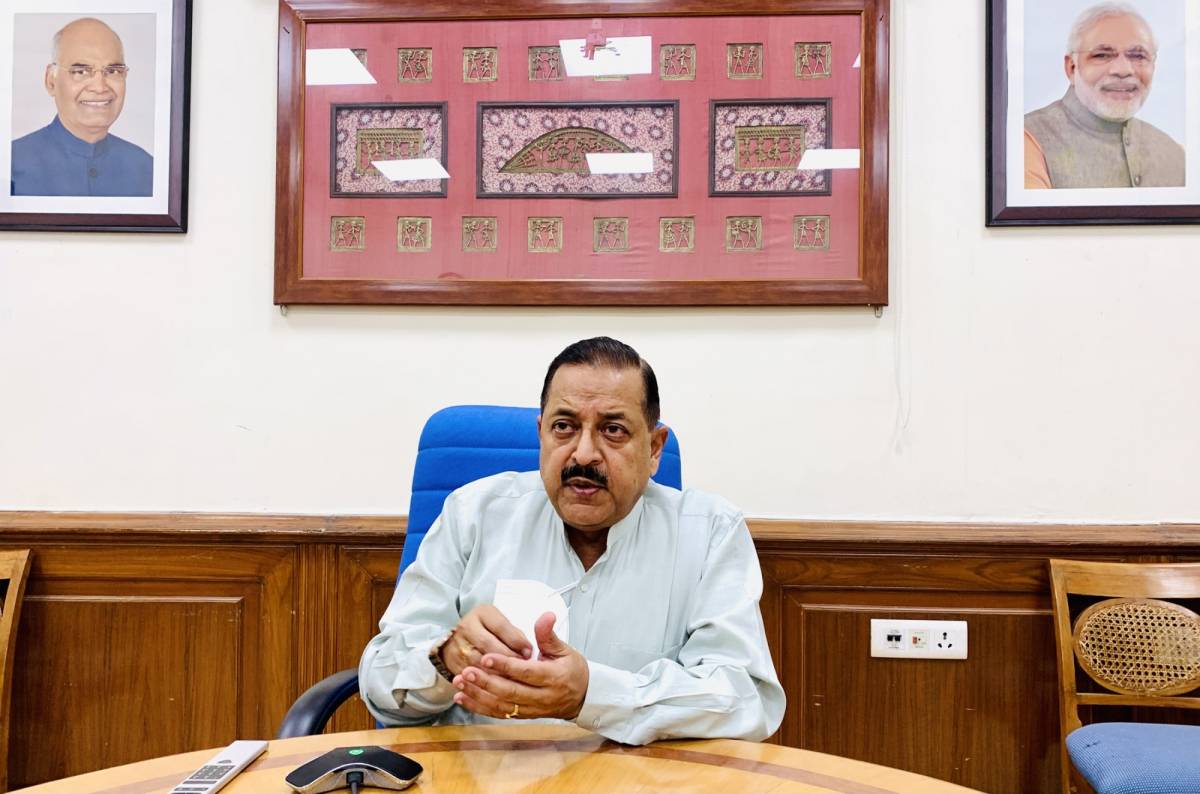Minister Dr Jitendra Singh also said there is a need to have a deep underground geological disposal facility for spent nuclear fuel in the near future….reports Asian Lite News
India will not be sending back the spent fuel generated at the nuclear power plants located in Tamil Nadu’s Kudankulam as it considers it as a material of resource, Union Science and Technology Minister Dr Jitendra Singh has said.
He also said there is a need to have a deep underground geological disposal facility for spent nuclear fuel in the near future.
Singh, in a written reply in the Lok Sabha on Wednesday to a question raised by DMK’s T.R. Baalu, said the India-Russia Inter-Governmental Agreement of 2010 facilitates storage and reprocessing of spent nuclear fuel generated at Kudankulam Nuclear Power Project (KNPP).
“India has adopted a ‘closed fuel cycle’, where spent nuclear fuel is regarded as a material of resource,” he said.
“Given the very small quantity of high level waste generated post reprocessing and technologies for separation, partitioning and burning of waste being developed by the country, there is no need of deep underground geological disposal facility in the near future.”

On the issue of construction of a spent fuel storage facility at the KNPP, Singh said: “The scheme of storage of spent (used) fuel in a nuclear power plant is two-fold. The first place of storing spent fuel is located within the reactor building/service building, generally known as the spent fuel storage pool/bay and the other is called the ‘Away From Reactor’ (AFR) Spent Fuel Storage Facility, within the plant premises.”
He said these facilities are designed with a comprehensive approach to safety to withstand extreme natural events like earthquakes and tsunamis with provisions of large operational safety margins for safe, sound, and reliable performance.
“These are designed to ensure that there would be no adverse impact on plant personnel, general public or the environment. AFRs are also already constructed and functional at other sites like Tarapur, Maharashtra and Rawatbhata, Rajasthan,” Singh said.
India’s atomic power plant operator Nuclear Power Corporation of India Ltd (NPCIL) has two 1,000 MW plants (Units 1 and 2) at Kudankulam, while four more are under construction (Units 3, 4, 5 and 6).
All the six units are built with Russian technology and equipment supplied by that country’s integrated nuclear power operator, Rosatom.
Rosatom has already started supplying equipment for Units 3-6.
Earlier Baalu, in a letter to Prime Minister Narendra Modi, had said the Indian government should impress upon Russia and send the spent nuclear fuel of the first two units in Kudankulam to that country for storage in their facility.
Baalu had also urged Modi to set up the deep geological repository as a National Priority in uninhabited area so that the spent fuel of nuclear power plants in Kudankulam and the Madras Atomic Power Station (MAPS) could be safely stored.
Referring to the clearance given to NPCIL by Atomic Energy Regulatory Board (AERB) to set up a spent fuel storage facility or AFR, he had urged Modi to revoke the consent.
The AERB had given its consent to site the AFR for storing the spent fuel generated from nuclear power plants 1,2, 3 and 4 of 1,000 MW each.
Baalu said the NPCIL had told the Supreme Court in May 2018 that it does not have previous experience with long term storage requirements of high burn up Russian type pressurised water reactor fuel in India.
The DMK leader said in the absence of a deep geological repository in the country, there is every possibility that the AFR in Kudankulam could become the permanent SNF storage facility.

Leave a Reply